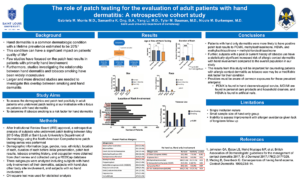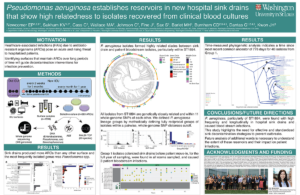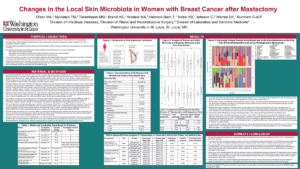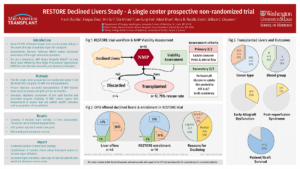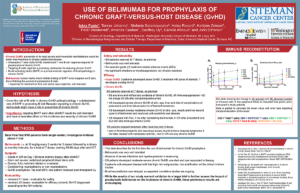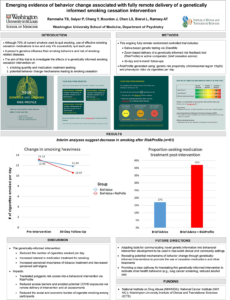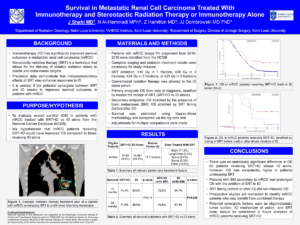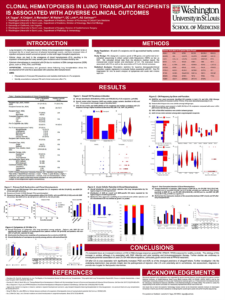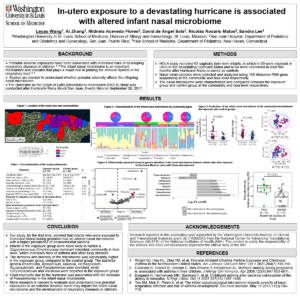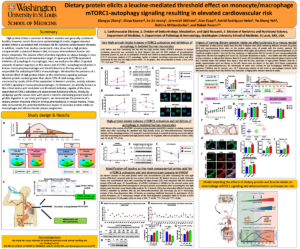Introduction: Hand dermatitis is a common dermatologic condition with a lifetime prevalence estimated to be 20%. The objective of this study was to assess the demographics and patch test positivity in adult patients who underwent patch testing at our institution with a focus on patients with hand dermatitis. We hypothesize that tobacco smoking is a […]
26. The Role of Patch Testing for the Evaluation of Adult Patients with Hand Dermatitis: A Retrospective Cohort Study
